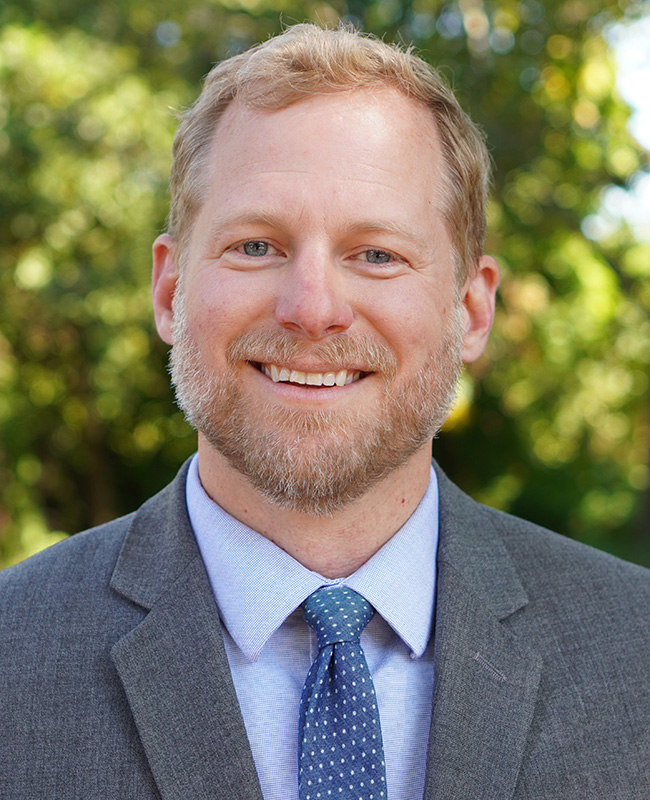Legislative lawyering, not surprisingly, involves lawmaking in the legislative branch of the local, state, or federal government. Specifically, it includes the creation and revision of acts, bills, resolutions, and similar items that are on the path to becoming law. It also involves the revocation of laws that are no longer needed. Legislators, as well as those who work in their offices, are often attorneys who use their skills throughout the legislative process.
Lobbying, on the other hand, is work that helps mold or influence legislation by providing perspective and strategies from interest groups, which include trade associations, corporations, advocacy groups, and nonprofits. Because of their knowledge of the legislative process, legislative lobbyists many times are also lawyers. Legislative lobbyists secure laws and amendments to proposed bills by engaging elected officials, tracking legislation, funding specialized research, organizing public advocacy campaigns, and advocating for or against legislation that affects their clients.
Courses
Courses designated as "primary" are foundational, while those listed as "secondary" contain relevant and related content. "Co-curricular" courses are credit-bearing extra-curricular activities, while "experiential" courses are practice-based offerings. Please keep in mind that the focus of any course will vary depending on the instructor.
Primary Courses
Secondary Courses
Experiential Courses
Faculty
The following faculty are knowledgeable about the topic and may be a useful resource for you.

Professor of Law

Fred D. and Elizabeth L Turnage Professor of Law

Associate Professor of Legal Writing

Professor of Law

Professor of Practice

Professor of Law

Teaching Professor

Clinical Professor of Law